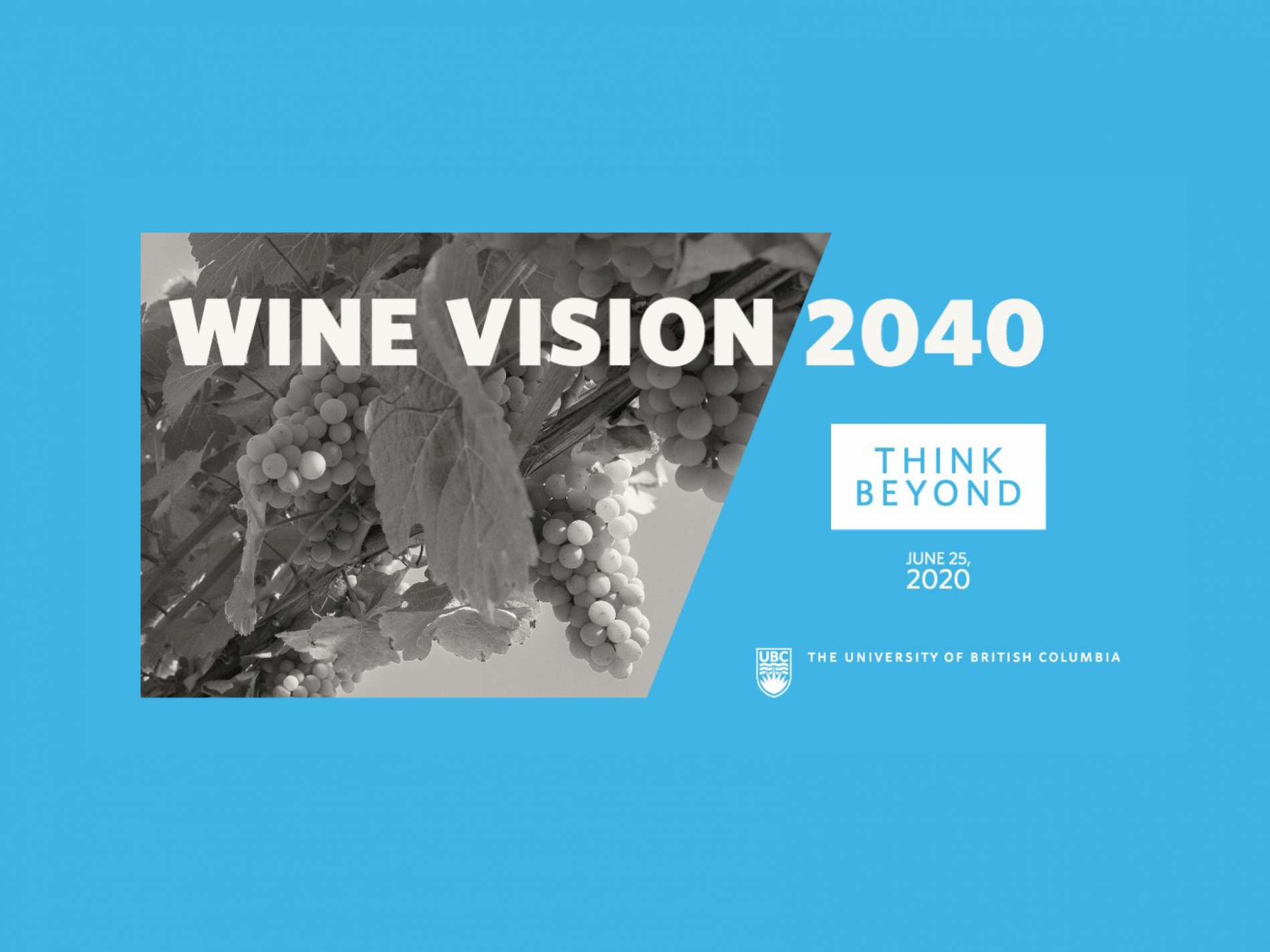The event, moderated by Jacques-Olivier Pesme, Director of the Wine Research Centre at UBC, had also the participation of the panelists: Laura Catena (Managing Director, Bodega Catena Zapata, Catena Institute of Wine, Founder and Board Member), Linda Reiff (President and CEO, Napa Valley Vintners Association) and Pierre-Louis Teissedre (Professor at the Institut des Sciences de la Vigne et du Vin (ISVV) of the University of Bordeaux and OIV expert).
The Director General of the OIV insisted on the fact that we only have "One Wine Planet", which was the title of his intervention. He raised the question of how and why we should take care of it as best we can. If only a few words were to be kept in mind, they would be: anticipation, evolution, conservation and resilience.
The current situation is an interesting turning point to start with since “every crisis is part of an evolution, and we have to look at how other systems evolve” stated the Director General. Climate change will be in no doubt an even biggest challenge. In his opinion, from now on “the absolute value must be maintaining this planet with life”. In biological terms, this can be done by paying attention to the functioning of mature ecosystems, where energy waste is minimized in spite of their complexity. This fundamental idea, recently developed by the Director General of the OIV, questions the way in which economy will recreate its models. In order to forecast future models, we need to look at other ones and how "major ecosystems, being so complex and diverse, are energy efficient".
Pau Roca has no doubt that “the next economy will not measure human performance in terms of growth, but in terms of the conservation of nature.” The wine sector is aware of the climate change issue and has been a pioneer in adopting an adequate behaviour. The close follow up of crops and the use of historical register show this long-lasting relation.
Finally, he ended by mentioning two assets of the wine sector. Firstly, the efficient value chain specific to the wine sector: indeed, the large segmentation of prices as well as the strong link to the terroir and the origin, are advantages for the wine sector. Secondly, the multiplicity of actors “since diversity and complexity are a key factor for overall performance and for resilience”, summarized Pau Roca.
In conclusion, for Pau Roca the wine economy can be a “paradigm of sustainability” and has many of the elements to be successful in a future economy.
